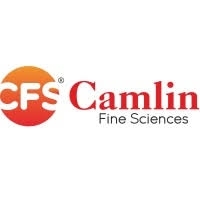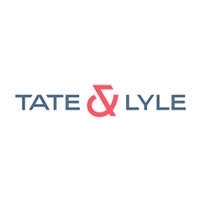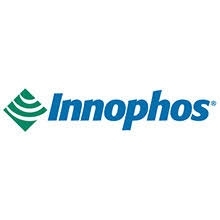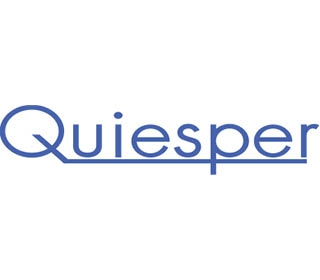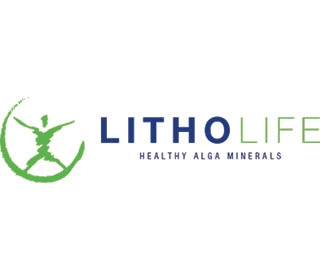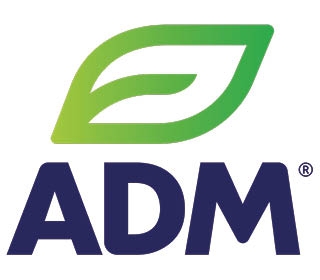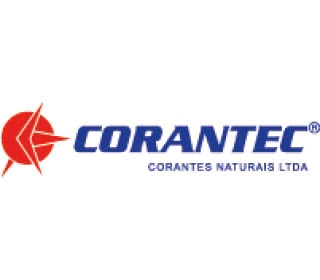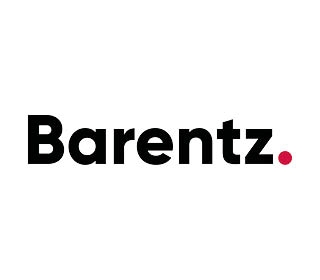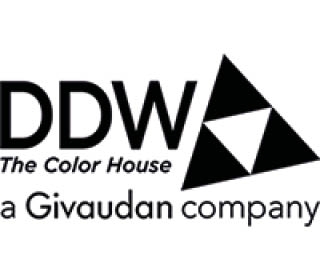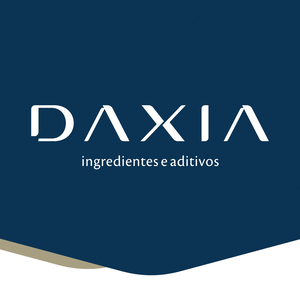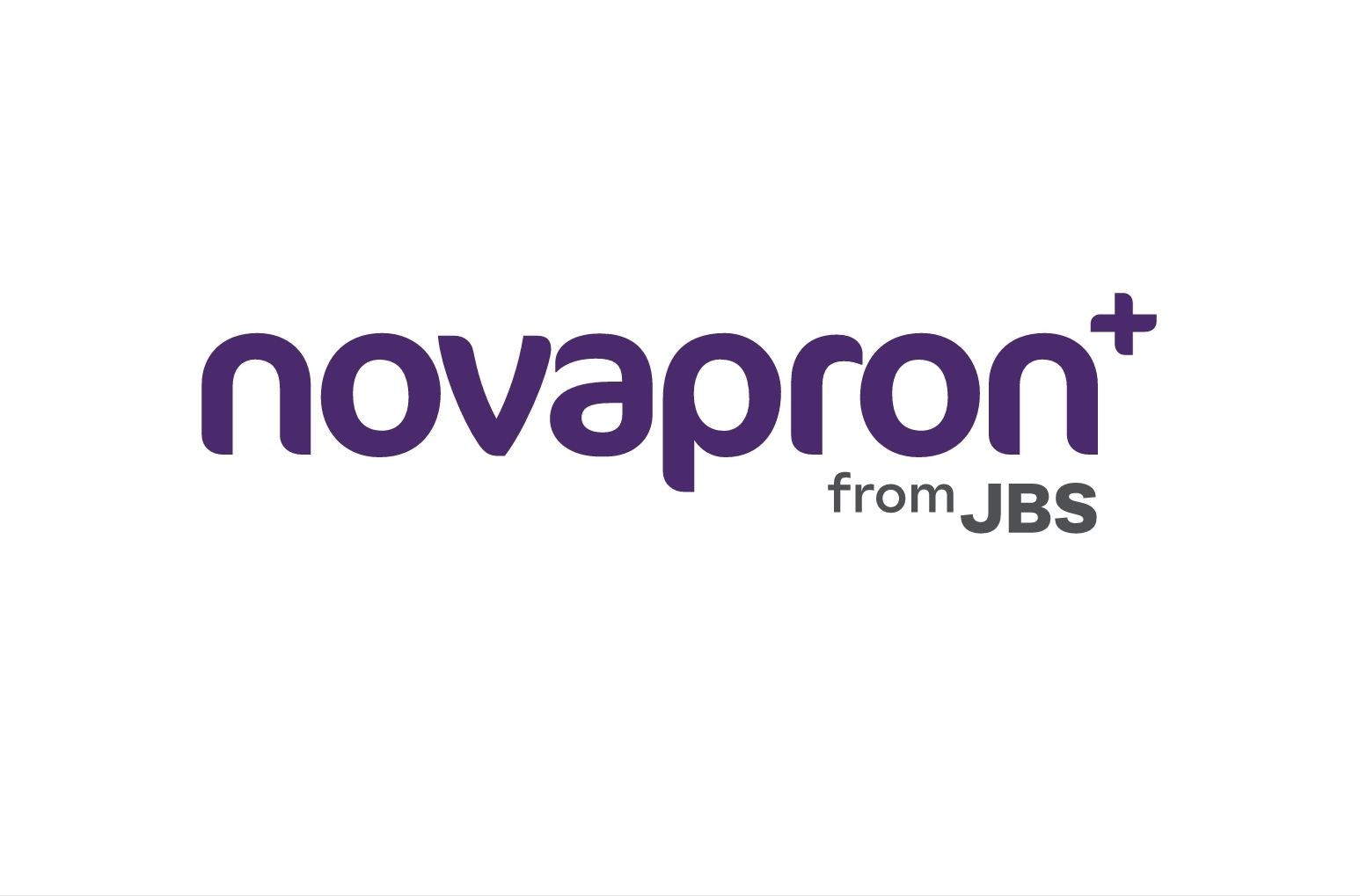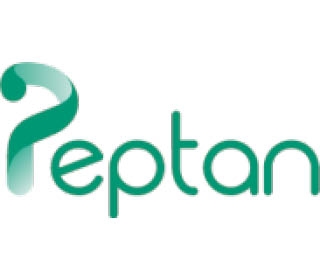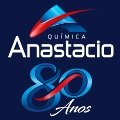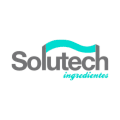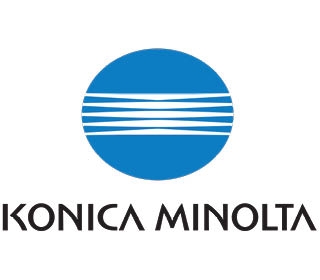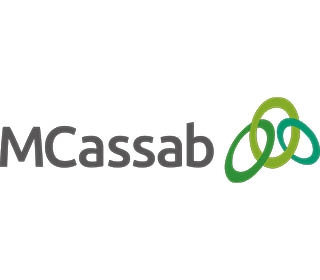“Addressing the booming need for fermented plant-based food”: DuPont brings dairy-free protective cultures to market
DuPont Nutrition & Biosciences (DuPont) is launching dairy-free protective cultures for plant-based fermented foods and beverages. It has numerous applications including dairy-alternative beverages made from coconut, almond and soy; spoonable yogurt-alternatives; and fermented fruit juices. Dubbed Holdbac YM VEGE, this is the latest addition to the DuPont Danisco Holdbac line of protective cultures that extend shelf-life and secure the quality of products by holding off yeast and mold spoilage. The product already has customers in the US and Europe and will now be available globally. The launch taps into a number of growing consumer trends, including clean label and fermentation.
“This launch addresses the trend and needs for high-quality fermented plant-based food and beverages. This segment is really booming globally, driven by consumers requests for more plant-based foods for better health, lower environmental impact. They are also willing to try new types of fermented foods,” Eve Martinet-Bareau, Global Product Manager, Cultures for Plant-Based Fermented Food and Beverages, tells.
The industry has seen enormous growth for fermented plant-based products in recent years, driven by higher numbers of flexitarian, vegetarian or vegan consumers around the world, according to Martinet-Bareau. These shifts in diets are driven by a number of factors, including a search for improved health that comes with a plant-based diet, ethical choices toward foods with lower environmental impact and which are deemed better for animal welfare, and switching to dairy alternatives for lactose-intolerant consumers.
The industry has seen enormous growth for fermented plant-based products in recent yearsThe increasing demand for fermented goods led to some production challenges, including the need to gain market share in the plant-based food sector, secure quality throughout a product’s shelf life and address the demand for friendly-labeled consumer products. It was also necessary to ensure that products maintained their desired taste and texture, particularly across regions with differing consumer preferences. Furthermore, products also need to contribute toward sustainability and provide consumers with products that improve their health and wellbeing.
The development of Holdbac YM VEGE combined DuPont’s knowledge of protective and starter cultures, as well as plant-based applications, to design the right combination of bacteria, according to Martinet-Bareau. The bacteria then needed to deliver quality enhancement in a wide range of plant-based applications, while guaranteeing a dairy-free quality, which is important for this market.
According to Innova Market Insights, a key factor in the popularity of yogurt is its health associations. In 2018, 64 percent of all new yogurts made digestive or gut health claims, tapping into increasing consumer awareness of the fermentation space. Digestive and gut health ranks as the most popular active health positioning in global product launch activity tracked in 2016. It accounted for 28 percent of active health product launches, followed by sports and recovery (20 percent) and energy and alertness (20 percent).
Last year, the company launched Danisco VEGE Cultures, which are specially designed for fermented plant-based products. Martinet-Bareau says they help customers attain desired taste and texture profiles in a wide variety of plant-based dairy alternatives and beverages.
“For fermented plant-based applications including – but not restricted to – dairy alternatives, we offer the Danisco VEGE starter Cultures and Howaru VEGE probiotic cultures, offering benefits for a variety of taste, texture, and health enhancement to bring value to plant-based foods and beverages,” adds Martinet-Bareau.
Plant-based benefits
DuPont highlights that the ingredient allows customers to make a significant difference in terms of environmental and social impact through reduced food waste and plant-based alternatives.
The company estimates that if just 5 percent of the global yogurt market is replaced with plant-based alternatives made with Danisco VEGE and Holdbac YM VEGE cultures, the CO2 emission saving would theoretically be as high as 3 million metric tons CO2 annually. This would be roughly equivalent to 1,700,000 EU-based cars off the roads.
DuPont highlights that the ingredient allows customers to make a significant difference in terms of environmental and social impact.
One of the biggest results of the plant-based boom has been the strong rise in dairy alternatives. There has been a 17 percent average annual growth in dairy-free products (Global, CAGR 2013-2017) of these products, which include dairy alternative drinks and spoonable non-dairy yogurt, according to Innova Market Insights. For example, earlier this year, Silk expanded its line of Oat Yeah Oatmilk products with the introduction of new Oat Yeah Oatmilk Yogurt Alternatives, which has active cultures.
“We look at our environmental footprint through the lens of the UN’s Sustainable Development Goals (SDGs), and we are proud to say that this culture supports at least three – SDG 3 (Good Health and Well-being), SDG 12 (Responsible Production and Consumption) and SDG 13 (Climate Action). Holdbac YM VEGE is helping us facilitate the transition to a healthier and more environmental-friendly diet,” highlights Mikkel Thrane, Global Sustainability Lead for DuPont Nutrition & Biosciences.
A recent UN report highlighted that food systems must undergo a significant change to safeguard food security in light of global warming’s effect on fertile soil. It notes that the higher consumption of animal-based foods is associated with a higher estimated environmental impact, whereas increased plant-based food consumption is associated with a lower environmental impact







